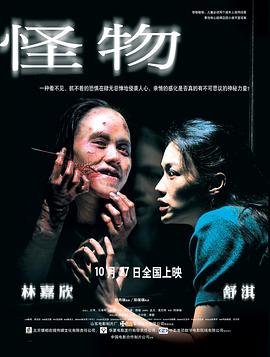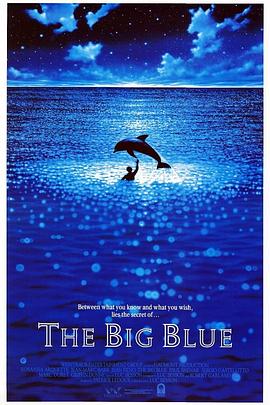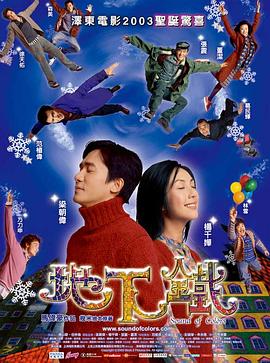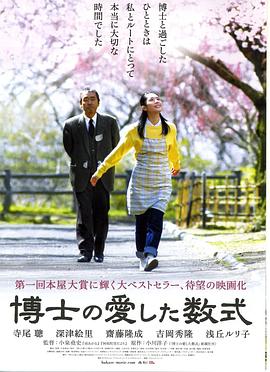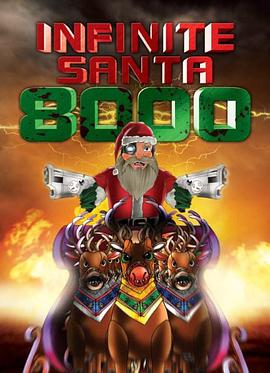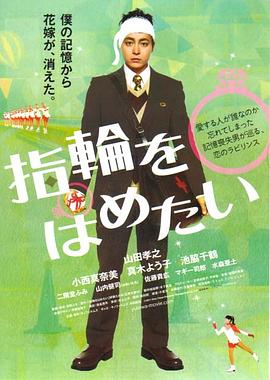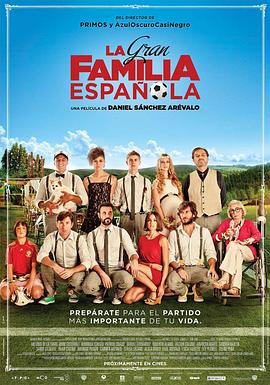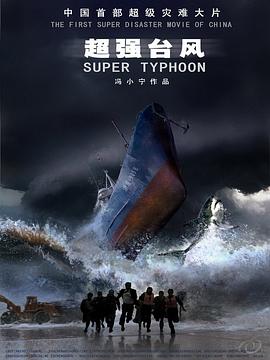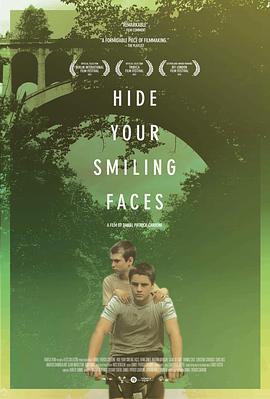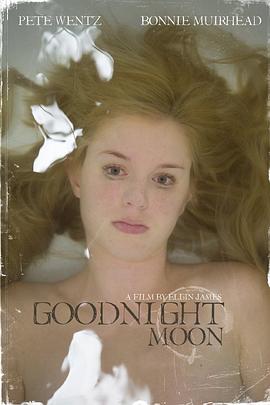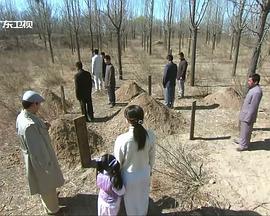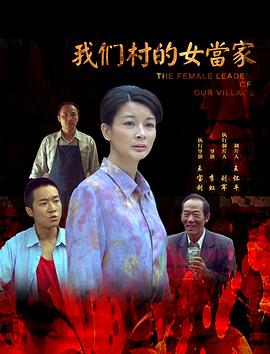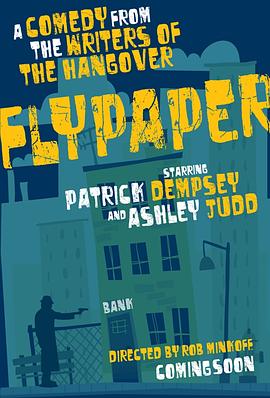- 正在播放《欧洲的某个地方》DVD中字 - 备用2
- 提醒不要轻易相信视频中的任何广告,谨防上当受骗
- 技巧如遇视频无法播放或加载速度慢,可尝试切换播放节点或者切换解析
- 收藏地瓜影视网址:dg100.vip / dg100.vip ,记得收藏哟~
剧情:
Somewhere in the remote region, the war ends. In the midst of ruined cities and houses in the streets, in rural hamlets, everywhere where people still live, are children who have lost their homes and parents. Abandoned, hungry, and in rags, defenseless and humiliated, they wander through the world. Hunger drives them. Little streams of orphans merge into a river which rushes forward and submerges everything in its path. The children do not know any feeling; they know only the world of their enemies. They fight, steal, struggle for a mouthful of food, and violence is merely a means to get it. A gang led by Cahoun finds a refuge in an abandoned castle and encounters an old composer who has voluntarily retired into solitude from a world of hatred, treason, and crime. How can they find a common ground, how can they become mutual friends? The castle becomes their hiding place but possibly it will also be their first home which they may organize and must defend. But even for this, the price will be very high. To this simple story, the journalist, writer, poet, scriptwriter, movie director, and film theoretician Béla Balázs applied many years of experience. He and the director Géza Radványi created a work which opened a new postwar chapter in Hungarian film. Surprisingly, this film has not lost any of its impact over the years, especially on a profound philosophical level. That is to say, it is not merely a movie about war; it is not important in what location and in what period of time it takes place. It is a story outside of time about the joyless fate of children who pay dearly for the cruel war games of adults. At the time it was premiered, the movie was enthusiastically received by the critics. The main roles were taken by streetwise boys of a children's group who created their roles improvisationally in close contact with a few professional actors, and in the children's acting their own fresh experience of war's turmoil appears to be reflected. At the same time, their performance fits admirably into the mosaic of a very complex movie language. Balázs's influence revealed itself, above all, in the introductory sequences: an air raid on an amusement park, seen in a montage of dramatic situations evoking the last spasms of war, where, undoubtedly, we discern the influence of classical Soviet cinematography. Shooting, the boy's escape, the locomotive's wheels, the shadows of soldiers with submachine guns, the sound of a whistle—the images are linked together in abrupt sequences in which varying shots and expressive sharp sounds are emphasized. A perfectly planned screenplay avoided all elements of sentimentality, time-worn stereotypes of wronged children, romanticism and cheap simplification. The authors succeeded in bridging the perilous dramatic abyss of the metamorphosis of a children's community. Their telling of the story (the scene of pillaging, the assault on the castle, etc) independently introduced some neorealist elements which, at that time, were being propagated in Italy by De Sica, Rossellini, and other film artists. The rebukes of contemporary critics, who called attention to "formalism for its own sake" have been forgotten. The masterly art of cameraman Barnabás Hegyi gives vitality to the poetic images. His angle shots of the children, his composition of scenes in the castle interior, are a living document of the times, and underline the atmosphere and the characters of the protagonists. The success of the picture was also enhanced by the musical art of composer Dénes Buday who, in tense situations, inserted the theme of the Marseilaise into the movie's structure, as a motive of community unification, as an expression of friendship and the possibility of understanding. Valahol Europaban is the first significant postwar Hungarian film. It originated in a relaxed atmosphere, replete with joy and euphoria, and it includes these elements in order to demonstrate the strength of humanism, tolerance, and friendship. It represents a general condemnation of war anywhere in the world, in any form.
收起
相关影片
2005
电影
大陆
已完结
2025
电影
日本
从环游并行世界的旅行中回到点心店“五彩缤纷”的介人们。但是,在那里,新的柏饼瓦尔多和成为“柏饼王”的佐克斯,支配着世界!?为了拯救又变成柏饼中毒的世界,新的战斗开始了!另一方面,在咚兄弟的世界里,太郎离开后的一年里,陪伴的5人一边度过充实的私人生活,一边继续与桃谷次郎为队长战斗。在这种情况下,记忆恢复了的太郎去了咖啡店。太郎去拜访了成员们,同时也得知了成员们都想要退出咚兄弟的决心。大家各自决定走自己的道路之后,再次出现的机界鬼袭击了太郎!两个世界爆发的事件以超越次元的“缘分”结合起来的时候,两大超级战队的
完结
1988
电影
法国
完结
2025
电影
美国,中国大陆
2025年06月07日上映
2003
电影
大陆
1985年04月10日上映
2006
电影
日本
HD中字
2013
电影
美国
一千年前的世界彻底坍塌了。战争,饥荒,和贪婪杀死人类。没有太多的仍然是除了突变体,败类,和机器人的人。人类是一个久违的概念。每个人都必须杀死的生存。即使圣诞老人。
HD中字
2011
电影
日本
HD中字
2014
电影
美国
HD中字|国语
2013
电影
西班牙
Patrick Criado 薇洛妮卡·恩切圭 安东尼奥·德·拉·托雷 基姆·古铁雷斯 Sandra Martín Arantxa Martí Alicia Rubio 帕特里克·克里亚多 Miquel Fernandez
在2010年世界杯决赛的当天,五兄弟中的小弟在家族牧场举行婚礼。当婚礼进行到一半时父亲心脏病发作,婚礼暂停后每个人都发生了不同的改变,一些尘封许久的真相也随之揭开。 (原简介完全剧透望修改)
HD中字
2008
电影
大陆
HD国语
2014
电影
美国
在邻里发生的一场悲剧后,两个处于青春期的兄弟面对着变化的兄弟情,自然的神秘莫测,以及他们终有一死的现实。该片通过扭曲的青少年视角来探究美国乡村生活。
HD中字
0
电影
其它
HD国语
2012
电影
大陆
HD国语

